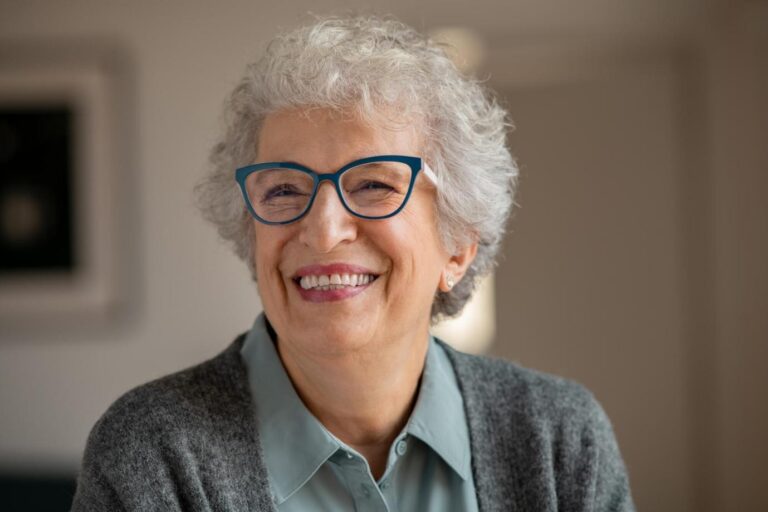Life in a senior community has a steady rhythm. Days often begin with familiar routines, shared greetings, and the comfort of a safe space. No stage of life is without challenges. Some moments bring small changes, like a new activity on the calendar.
Others bring bigger shifts, such as changes in health or the absence of loved ones. In these moments, residents rely on both their personal coping skills and the support of the community. Learning how older adults adapt helps others see the many ways peace can be found at any age. Continue reading to discover how these spaces empower residents to navigate life’s changes with resilience.
The Role of Environment in Emotional Well-Being
A senior community is more than a place to stay. It is a setting designed for comfort, safety, and connection. Green spaces invite walks and fresh air, while shared areas bring people together. Easy access to activities helps residents feel included. When people feel secure and engaged, they can respond to challenges without feeling alone. Friendships formed over coffee or through hobbies become steady sources of comfort.
The Power of Daily Routines and Familiarity
Familiar patterns give comfort during uncertain times. Morning walks, shared meals, and regular group activities provide stability. These small, steady rituals give a sense of control when life feels unpredictable. They help emotions settle and make it easier to face change without fear. Predictable moments offer both comfort and strength.
Emotional Resilience Through Support Systems
Support is one of the strongest tools for coping. Many communities have caring staff, counselors, and activity leaders ready to listen. Group talks, personal visits, and simple check-ins create a safe space for sharing both joys and struggles. In this setting, it becomes clear how seniors handle stress without losing their sense of self or independence.
The Healing Nature of Creative and Physical Activities
Creative activities and light exercise serve a purpose beyond merely occupying time. Painting, writing, or making music allows residents to express feelings that words may not fully capture. Gardening brings a sense of growth and renewal. Gentle movement-such as stretching, yoga, or dancing-relieves tension and increases energy. These activities also encourage presence in the moment, building both focus and peace of mind.
Closing the Day with Gratitude
Evenings often bring a quiet calm. Residents may take time to reflect on the best parts of their day. A shared laugh, a finished craft, or a friendly visit can all be moments worth noting. This practice of gratitude helps create a peaceful mindset before rest. It also makes it easier to look forward to the day ahead.
Holding On to Peace at Every Age
Coping is not about avoiding life’s challenges. It is about meeting them with patience, resilience, and the right support. Senior communities that value emotional well-being as much as physical care give residents the chance to thrive. In these spaces, peace is not only possible-it is nurtured, showing that the later chapters of life can be full of connection, comfort, and strength.
For more on this content, visit the rest of our blog!

